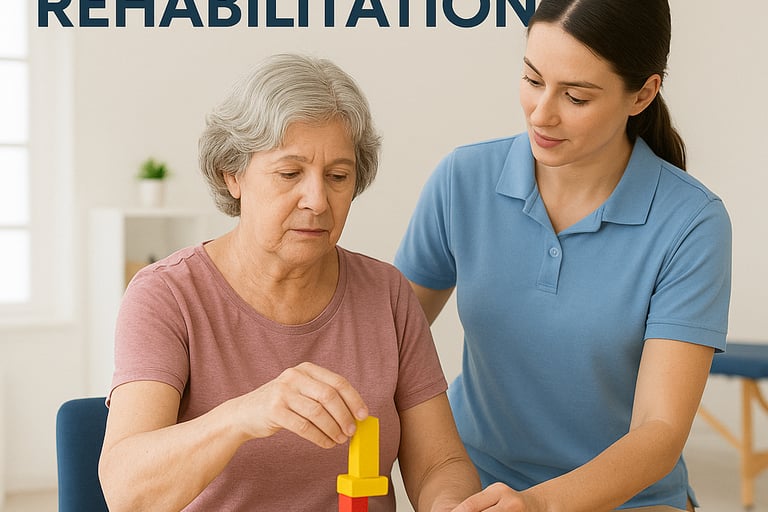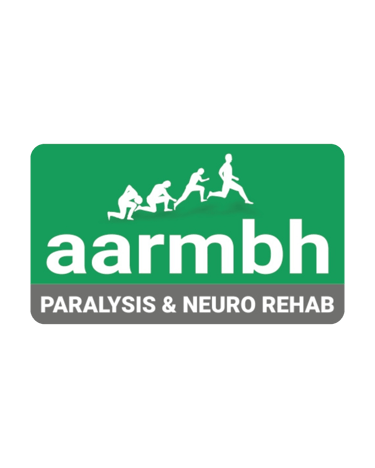
What is Stroke Rehabilitation?
Stroke rehabilitation is a personalized recovery program designed to help stroke survivors regain lost abilities, improve quality of life, and regain independence. After a stroke, the brain and body need time, care, and training to heal and adapt.
Why is Rehabilitation Important?
A stroke can affect movement, speech, memory, and emotions. Rehabilitation helps:
Improve mobility and strength
Restore speech and communication skills
Boost memory and thinking abilities
Regain independence in daily activities
Prevent future strokes
Types of Stroke Rehabilitation
1. Physical Therapy (For Movement & Strength)
Physical therapy helps rebuild strength, balance, and coordination. Therapists use exercises, stretching, and training to help survivors walk, stand, and move again.
2. Occupational Therapy (For Daily Activities)
This therapy helps with everyday tasks like eating, dressing, bathing, and cooking. Therapists teach new ways to complete these tasks or recommend special tools for support.
3. Speech & Language Therapy (For Communication & Swallowing)
If speech or swallowing is affected, a speech therapist helps retrain the brain to talk, understand words, and eat safely.
4. Cognitive Therapy (For Memory & Thinking)
Brain exercises help improve memory, problem-solving, and decision-making. This therapy is useful for those who experience confusion or difficulty concentrating after a stroke.
5. Emotional & Psychological Support
Stroke recovery can be emotionally challenging. Counselling, support groups, and sometimes medication help manage stress, depression, and frustration.
How Long Does Rehabilitation Take?
Recovery time varies for everyone. Some people recover in a few months, while others may need ongoing therapy for years. Early rehabilitation and continued effort can lead to the best results.
At-Home Tips for Stroke Recovery
Follow your therapy exercises daily
Eat a healthy diet for brain and heart health
Stay active and engage in social activities
Practice patience – small progress leads to big improvements
Seek support from family, friends, or a stroke recovery group
Find a Stroke Rehabilitation Centre near you
Looking for expert care? Contact local rehab centres, hospitals, or therapists to create a personalized recovery plan. Early rehab means a better chance at regaining abilities and independence.
Stroke Rehabilitation


Aarmbh Neuro Rehabilitation Services
© 2025. All rights reserved.
